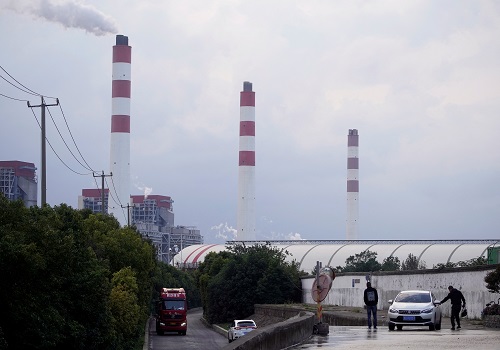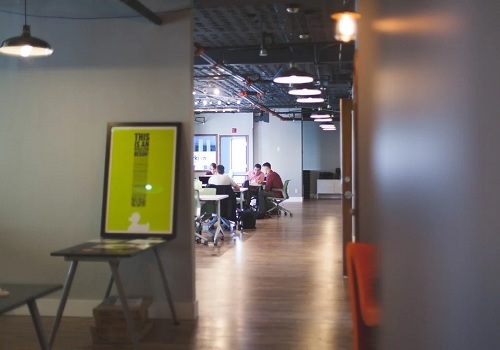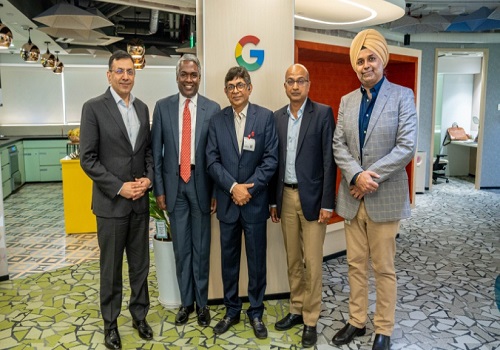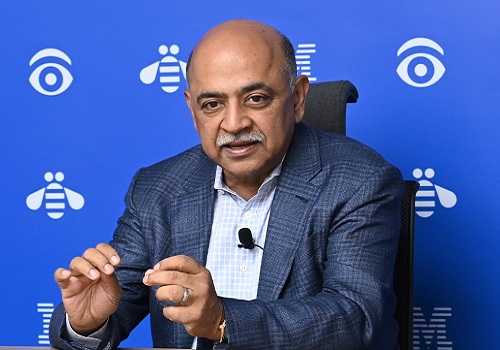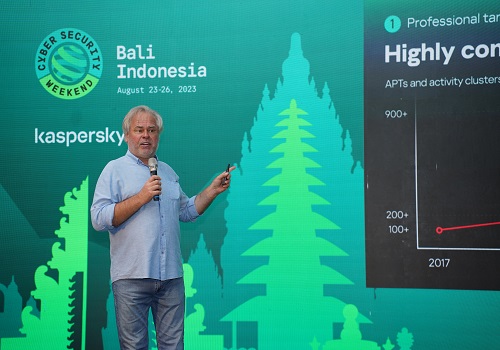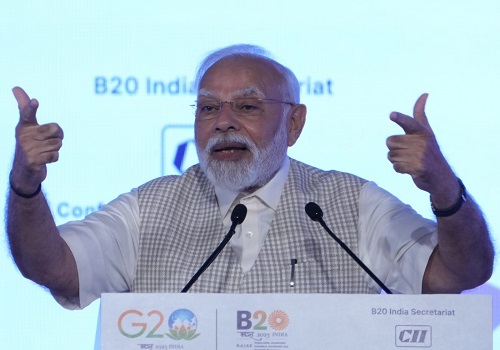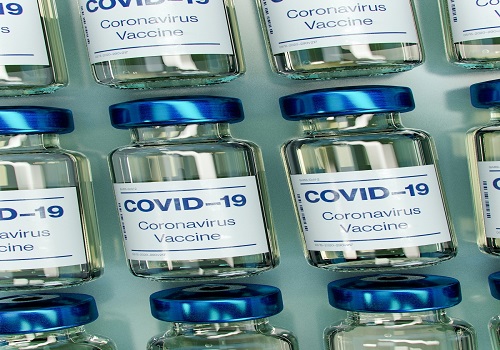IIT Kanpur ready with artificial heart
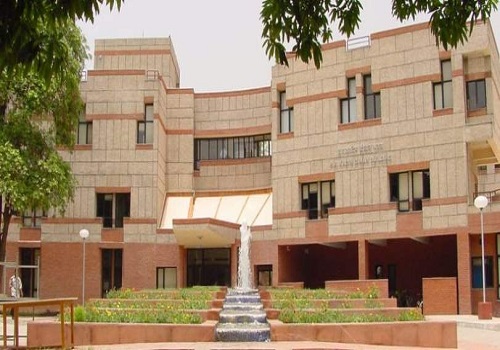
Follow us Now on Telegram ! Get daily 10 - 12 important updates on Business, Finance and Investment. Join our Telegram Channel
IIT Kanpur is ready with an artificial heart that would be of great help to people with acute cardiac problems.
IIT Kanpur Director, Abhay Karandikar, said that the trial on animals would begin next year.
He said, "Now heart transplant will be easy. Artificial hearts can be implanted in serious patients. IIT Kanpur and cardiologists from across the country have developed this artificial heart. Trial on animals will start from February or March. After success in the trial, transplantation can be done in humans in the next two years."
Karandikar said that heart disease was increasing rapidly and a large number of patients were being advised heart transplant.
"Artificial heart is being developed to reduce the sufferings of the patients," he said, adding, "a team of 10 scientists and doctors has prepared this artificial heart. After the success of the trial on animals, heart transplantation in humans will begin within two years."
He said that doctors and scientists should together prepare equipment and implants.
He said, "India imports 80 per cent of equipment and implants from abroad. Only 20 percent of the equipment and implants are being manufactured in India. Most of the implants and stents for heart patients are being imported."
He further said, "Covid-19 taught us some hard lessons. Before Covid, ventilators were not made in India. To save the lives of corona-infected, Indian scientists and doctors prepared ventilators in just 90 days. Two companies are manufacturing ventilators in India. Foreign ventilator costs Rs 10 to 12 lakh while Indian ventilator is being made for only Rs 2.5 lakh."
He said, "There is a huge shortage of doctors and paramedical staff in India. There are only 8 doctors per 1000 population. This deficiency cannot be filled at once. However, the government is rapidly opening hospitals and medical colleges. Despite this, the crisis of doctor-staff will continue according to the population and geographical conditions. In such a situation, there is a need to connect the medical system with technology."












 320-x-100_uti_gold.jpg" alt="Advertisement">
320-x-100_uti_gold.jpg" alt="Advertisement">

